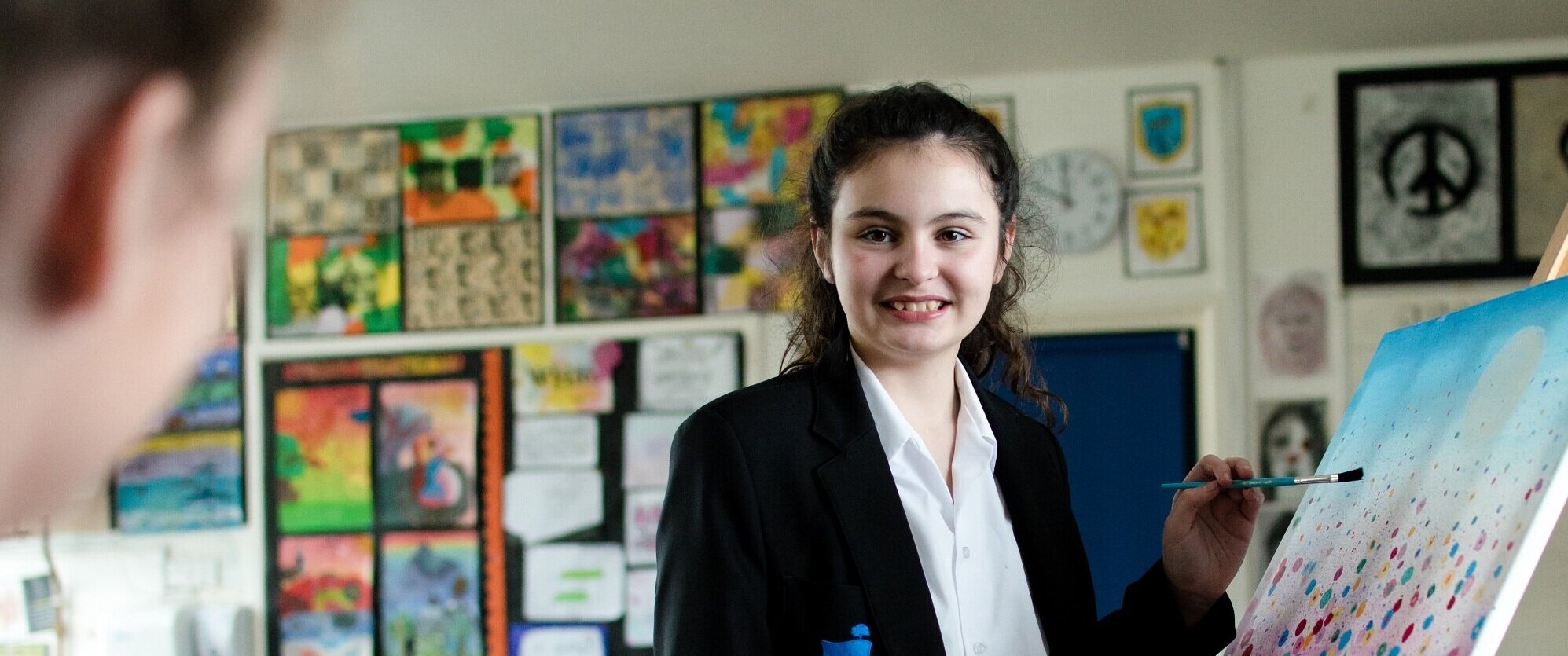
Home > Curriculum and Learning > Ethics & Culture
Ethics & Culture
At Whitstone, we think that Ethics and Culture has a vital role to play in enriching the learning experience of our young people and equipping them for life in a diverse, rapidly changing world.
In Ethics and Culture, students learn about and from religions and worldviews in local, national, and global contexts, to discover, explore and consider the beliefs, teachings and practices of themselves and others. They learn to weigh up the value of wisdom from different sources, to develop and express their insights in response, and to agree or disagree respectfully. We encourage students to ask and respond to challenging questions about the meaning and purpose in life, beliefs about God, ultimate reality, issues of right and wrong and what it means to be human. Students learn to articulate clearly and coherently their personal beliefs, ideas, values, and experiences, while respecting the right of others to differ.
Alongside the subject’s contribution to students’ mental, cognitive, and linguistic development, Ethics and Culture offers distinctive opportunities to promote students’ spiritual, moral, social, and cultural development. Ethics and Culture lessons should offer a structured and safe space during curriculum time for reflection, discussion, dialogue, and debate. We also allow for timely and sensitive responses to be made to unforeseen events of a religious, moral, or philosophical nature, whether local, national, or global. We encourage our young people to be questioning, curious, and empathetic; able to express their own views and listen to others.
We want our students to leave us with the knowledge and skills that they need to understand the world they live in and contribute positively to it. We aim to encourage our students to cherish and appreciate the diverse traditions in the world around them, to make choices that sustain it and make a positive difference.
We follow the National Curriculum for Religious Education.
